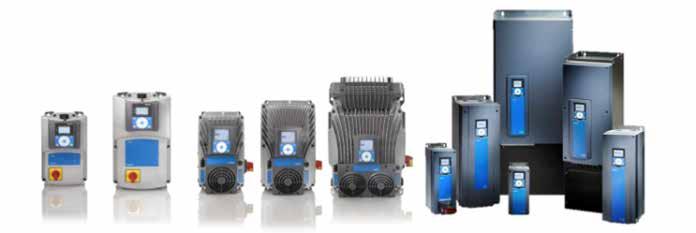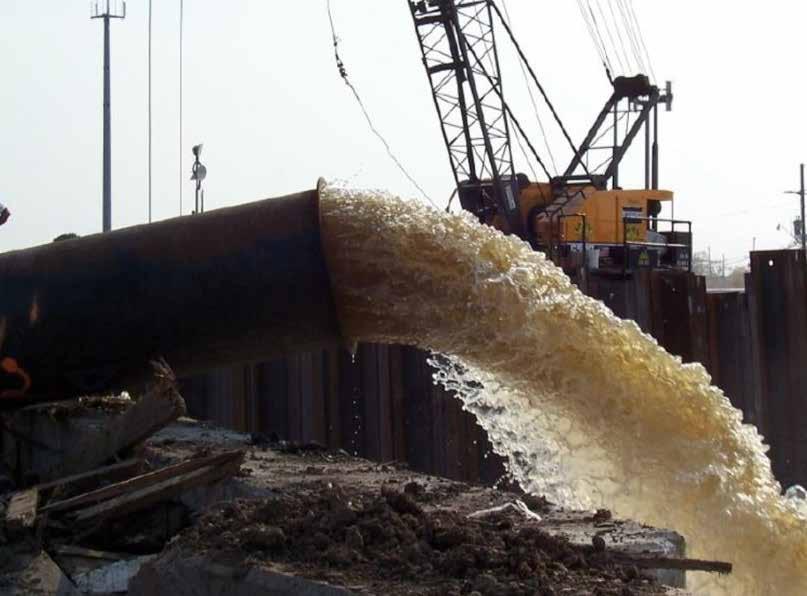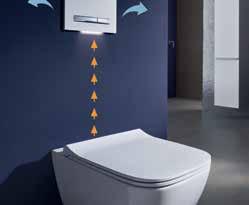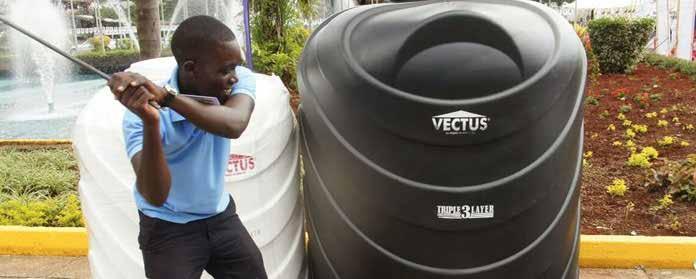
3 minute read
Industry Tips
BMG’s electromechanical specialists, with extensive experience in gearing, have extended their solutions service to include solar inverters and drives, which are designed to enhance efficiency of photovoltaic (PV) systems.
Advertisement
“PV modules – which use daylight to generate electricity – are gaining popularity globally as a form of renewable energy that is clean, emission-free, sustainable, safe and cost efficient. Through the use of environmentally-friendly PV technology to generate electrical power, companies in South Africa are finding effective solutions to combat the country’s grave electricity crisis,” explains Mick Baugh, electronics manager, BMG’s electromechanical division.
“The benefits of using eco-friendly solar powered pumps for irrigation, animal farming and community water supply, include an uninterrupted water supply during the day and independence from the unreliable grid. In addition, advanced PV systems require minimal maintenance, which is an important advantage in remote areas where servicing is difficult. indar
“Solar-powered pumping systems, which are particularly popular in remote areas where electricity is unavailable, require a solar inverter to convert direct current (DC) generated by solar panels into alternating current (AC) for use in industrial, commercial and residential applications. A key differentiator in the selection of the correct inverter, is its ability to run the motor pump at the optimal working voltage and power ratings, to ensure solar panels deliver the highest possible power in various irradiation and ambient temperature conditions.
“For optimum performance of the PV pump system, we believe it is critical for users to fully understand the control strategy of the system and to consider factors like where to install the drive, condensation issues, the temperature range and the back-up supply.”
Control strategy
Simpler solar-powered drives for pumping applications operate as under-voltage regulators, lowering the pump speed (thus reducing the absorbed power) when the DC voltage reaches a minimum voltage setpoint. This simple control mode negatively impacts performance of the PV modules, since they operate at a non-optimal voltage.
In advanced controllers, the drive works to obtain the maximum power from solar panels by keeping the DC voltage at the optimum point (MPP = Max Power Point). Drives that operate at a constant DC voltage must be selected depending on the electrical characteristics of the installed PV system and should optimise the hydraulic efficiency of the pump.
BMG specialists recommend the use of Vacon solar-powered drives that feature MPPT (Maximum Power Point tracking) control to ensure an optimal operation voltage for PV modules in pump applications. These highly-efficient MPPT controllers provide extended running hours, with an earlier start and later stop. Consequently, more water is pumped per watt peak (Wp) of installed PV modules, leading to reduced investment costs and a quicker payback period. MPPT controllers detect instantaneous irradiance or temperature variations and omit local maximums, which are generated in partial shading conditions or from degraded modules in the PV array.

Cabinet or outdoor installations
Conventional solar pump inverters are usually IP20 or 21 devices that are installed inside a cabinet along with components, including fuses, a power switch, lightening protection and door-mounted LEDs/ bulbs. BMG specialists do not recommend this system because cabinets need to be ventilated to avoid overheating of the enclosed elements. Overheating produces derating and reduces lifetime of the drive. Airflow though the cabinet needs to be filtered to avoid dust collection and filters must be periodically cleaned and replaced, which increases risks and adds to maintenance costs.
BMG’s Vacon IP66 drive solutions for outdoor installations consist of a small enclosure (replacing conventional big cabinets) which are separated from the drive – to house the mains switch and surge protection device. The Vacon IP66 drive can be installed outdoors without any reliability risk and does not require maintenance, as there are no filters to clean or replace. Drives can be mounted in the same structure of the PV modules, taking advantage of their shading to avoid overheating and thus a derating, due to direct sun on the drive.
This ground-level system is fitted with Light Emitting Diodes (LEDs) which allow external visibility of operating conditions of the drive, including power-on, run, ready and fault. An IP66 display panel provides detailed information of the drive, like running speed and MWh readings. This










